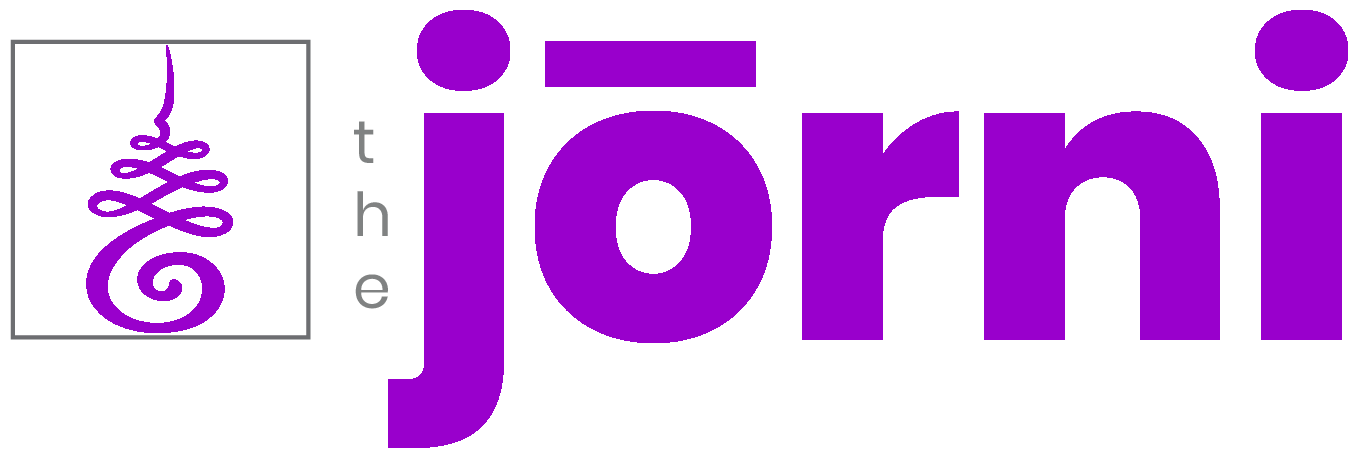you are experiencing...
HIGH AUTONOMIC AROUSAL
HIGH AUTONOMIC AROUSAL
Your score indicates that your body reacts strongly to stress with pronounced physical symptoms. In the context of Functional Freeze, this high arousal presents significant challenges and risks.
In Functional Freeze, you might continue functioning outwardly despite these intense physical responses, risking serious burnout and health issues. This disconnect between your internal physical state and external behavior is a hallmark of Functional Freeze.
It's crucial to prioritize stress reduction and management. Your body is sending clear signals that it's under significant stress, and these signals shouldn't be ignored.
Develop a comprehensive stress management plan. This should include regular relaxation practices, potentially including techniques like progressive muscle relaxation or guided imagery, which can directly address the physical manifestations of stress.
Consider seeking medical advice to rule out any underlying health conditions and to discuss potential interventions for managing high autonomic arousal.
Pay attention to the impact of this high arousal on your daily life. Are you experiencing sleep disturbances, changes in appetite, or difficulty concentrating? These could be signs that the stress is affecting multiple aspects of your health.
Learn to set boundaries and say no to additional stressors. Your body is clearly communicating that it's at its limit, and it's important to respect these signals.
Explore mind-body practices like qigong or breathwork, which can help regulate the autonomic nervous system and bring it back into balance.

